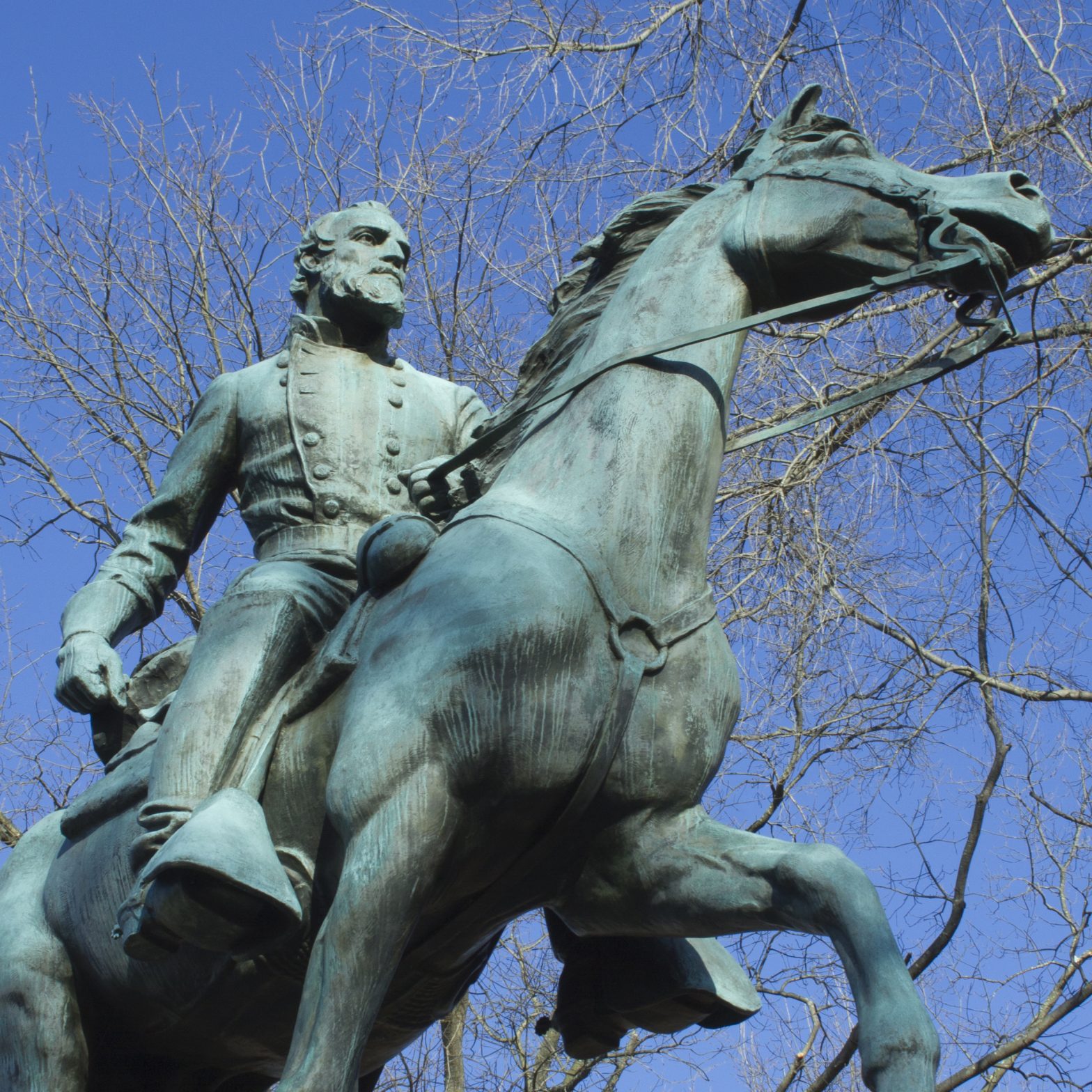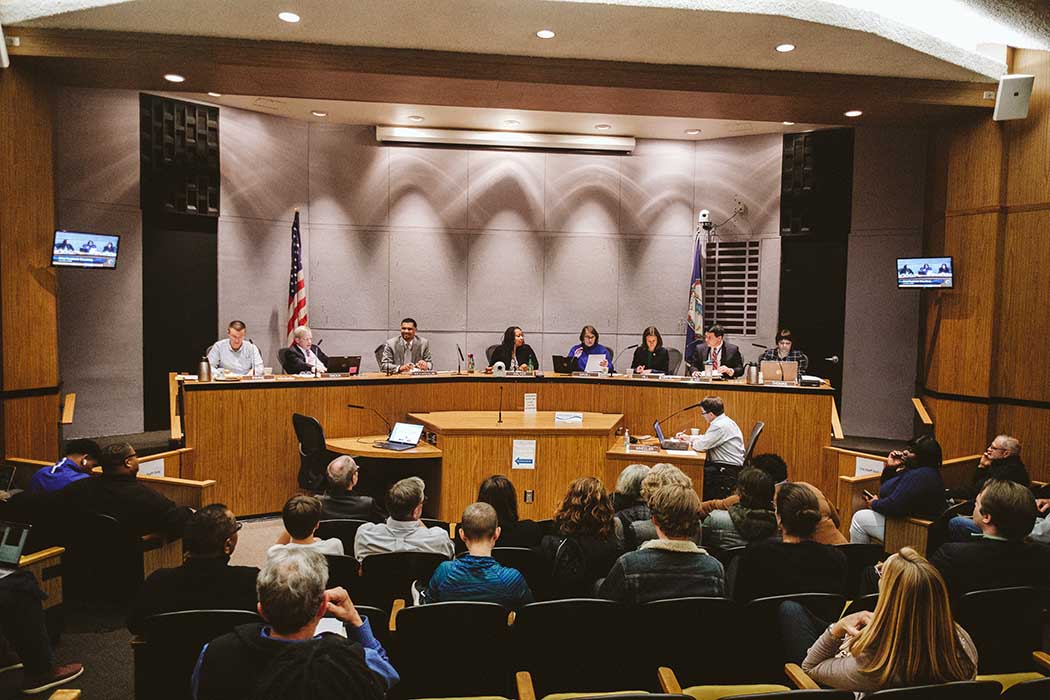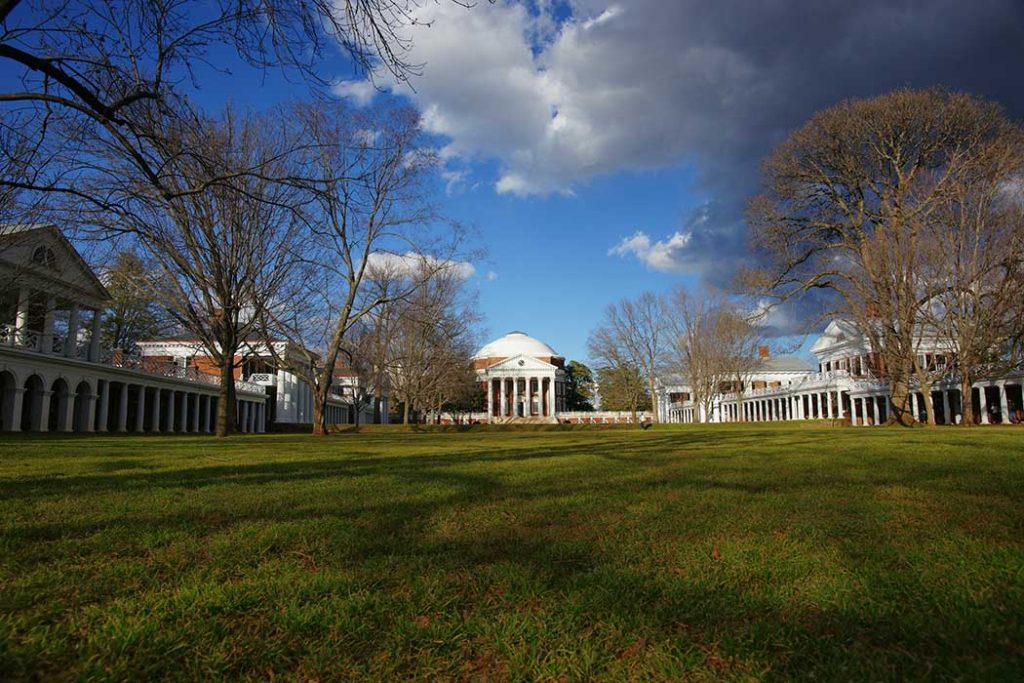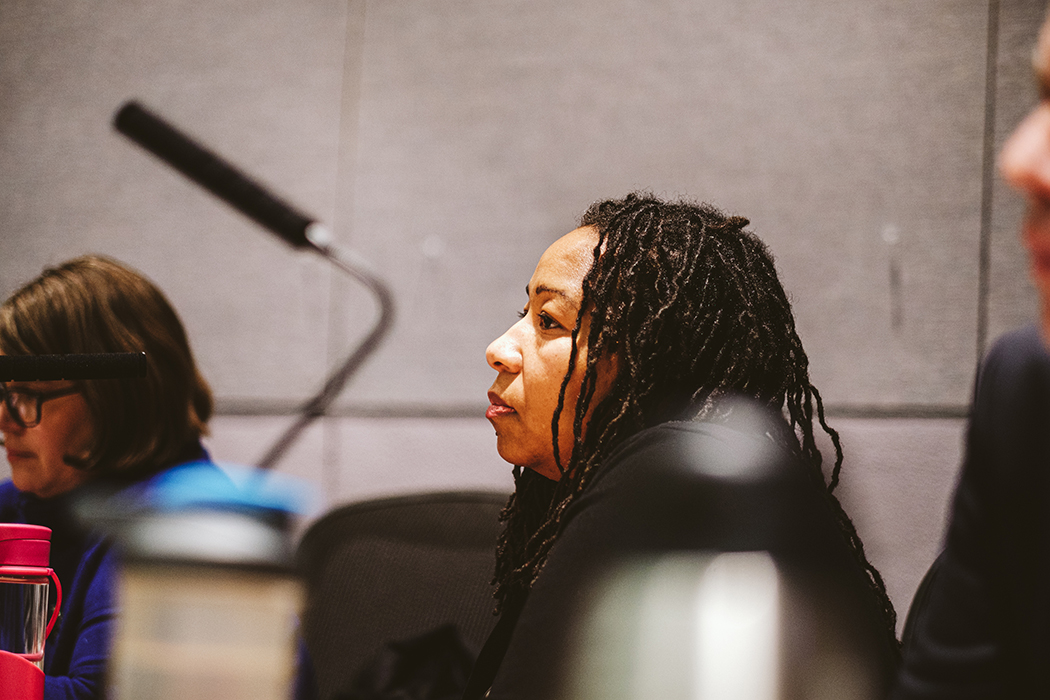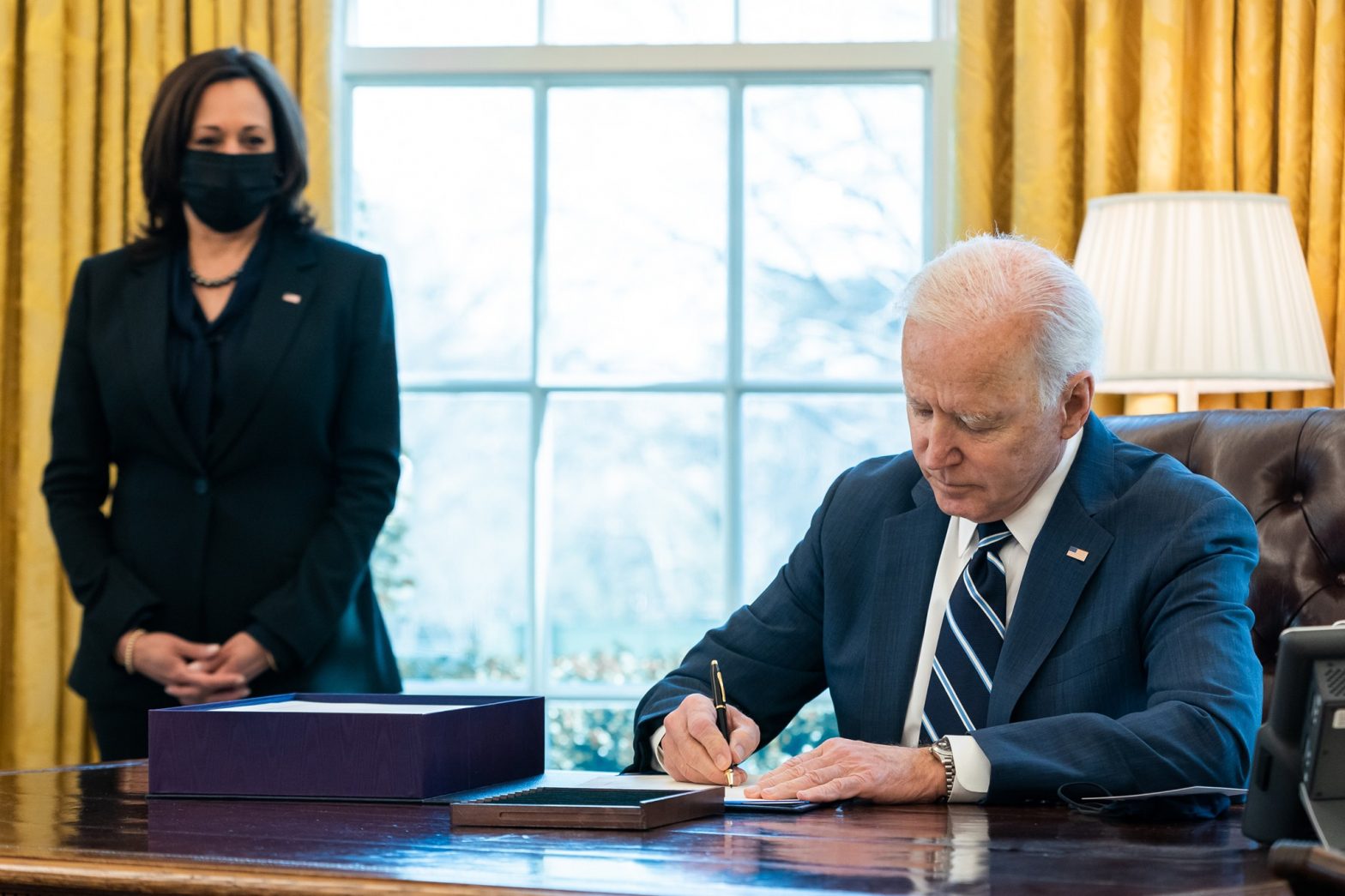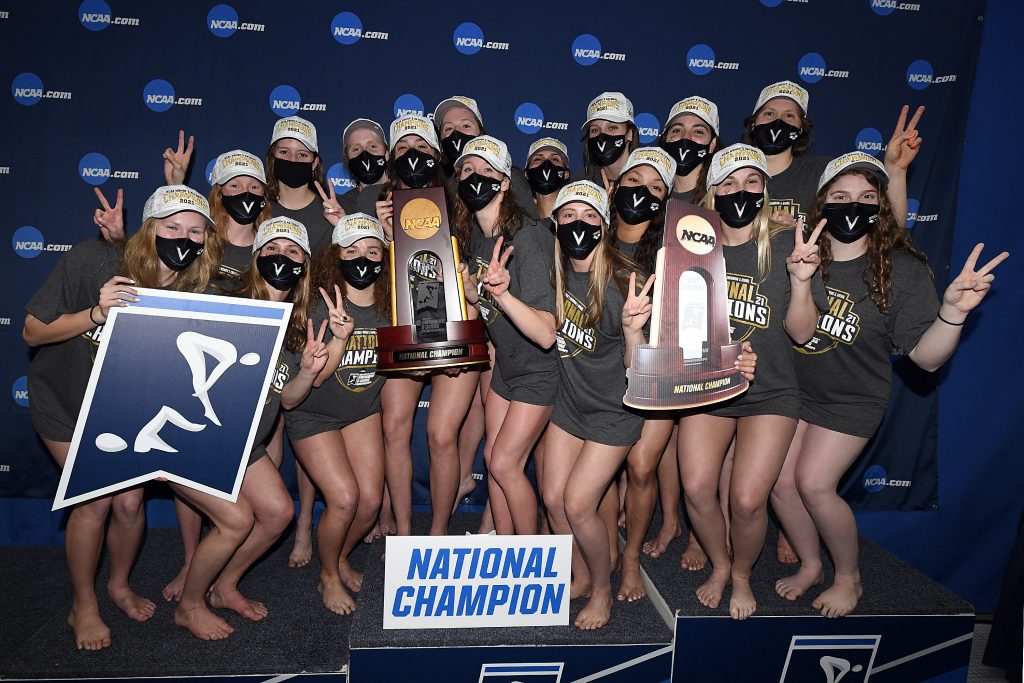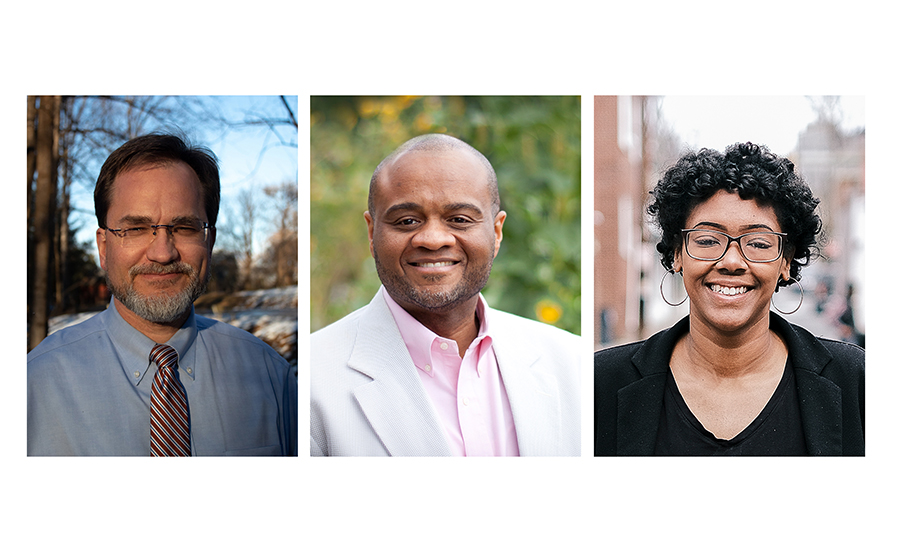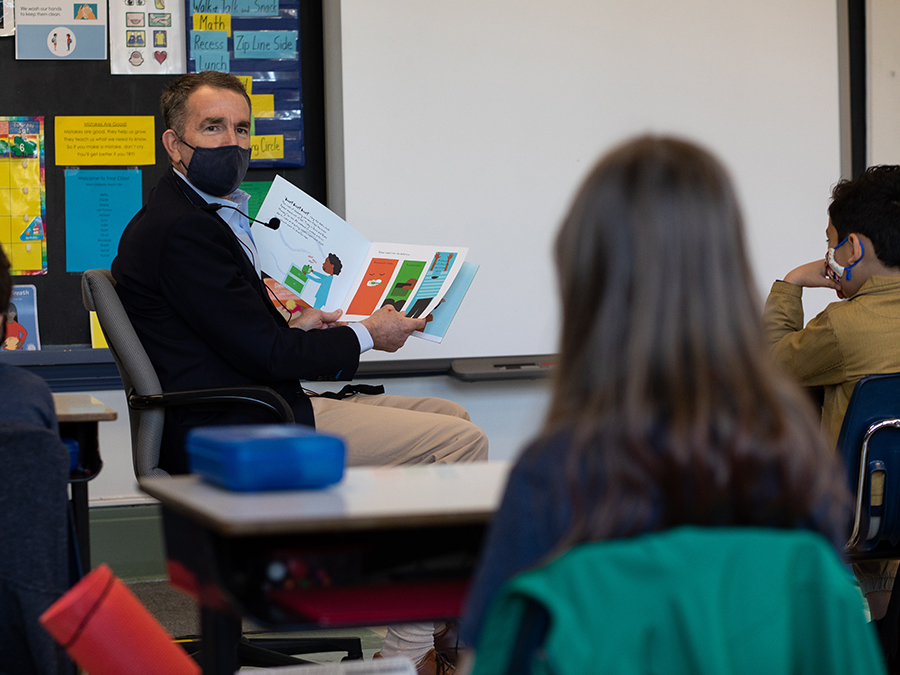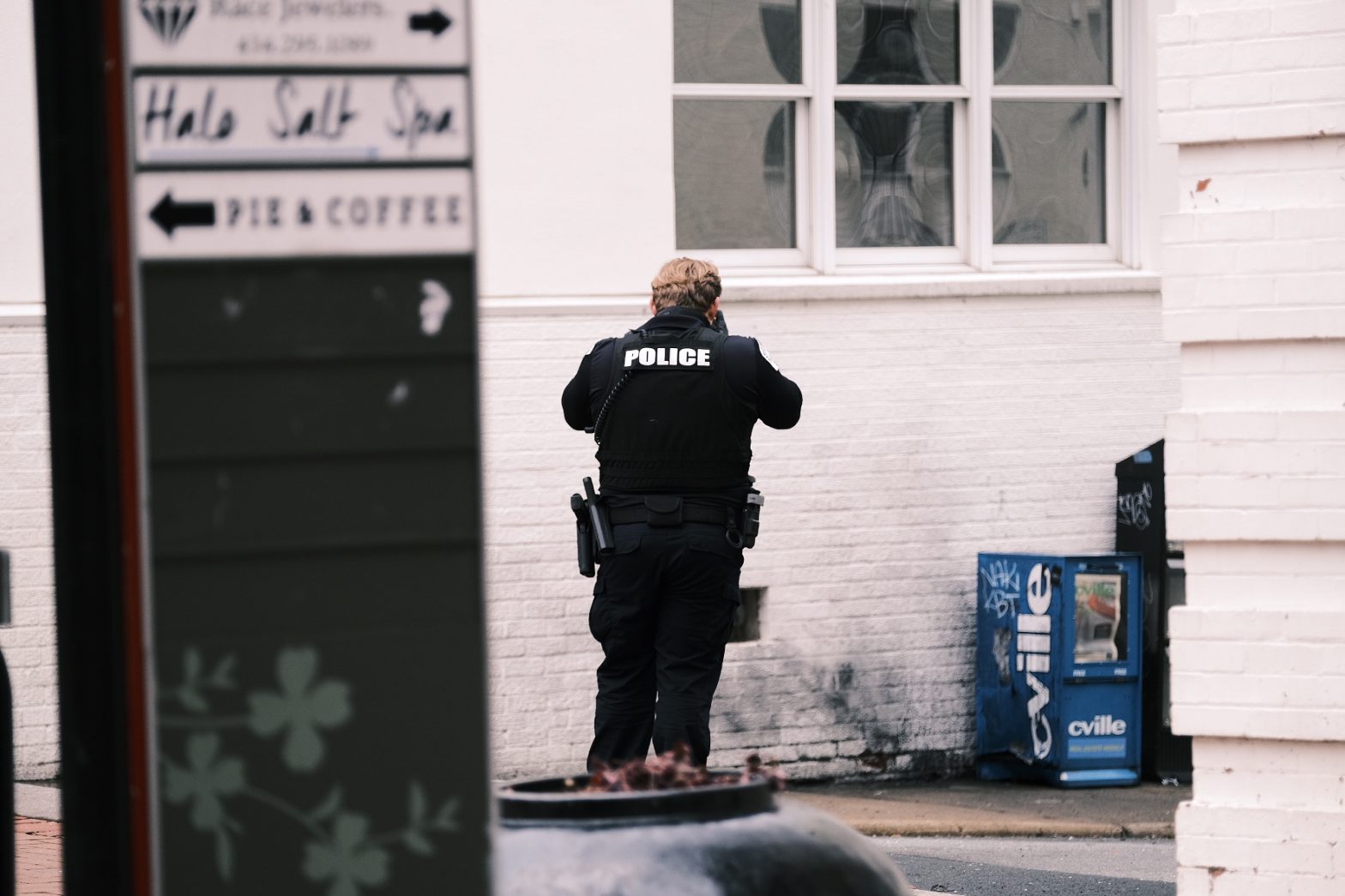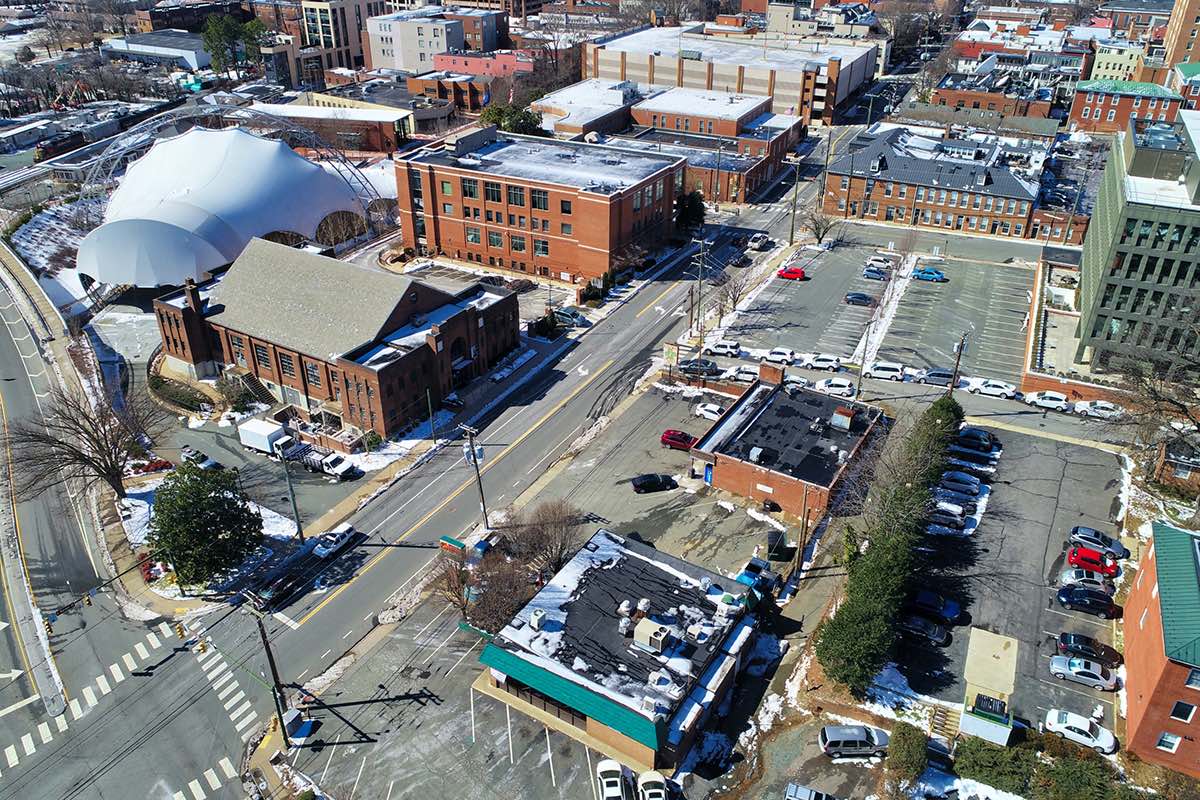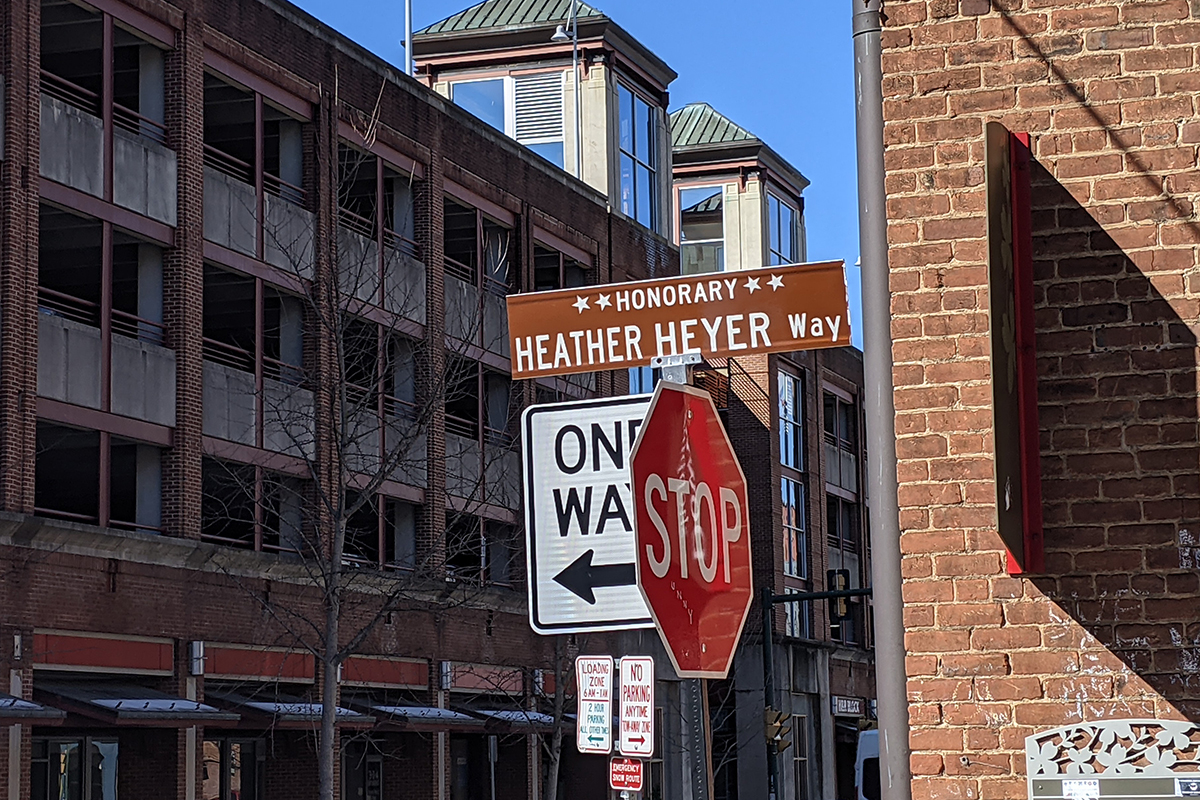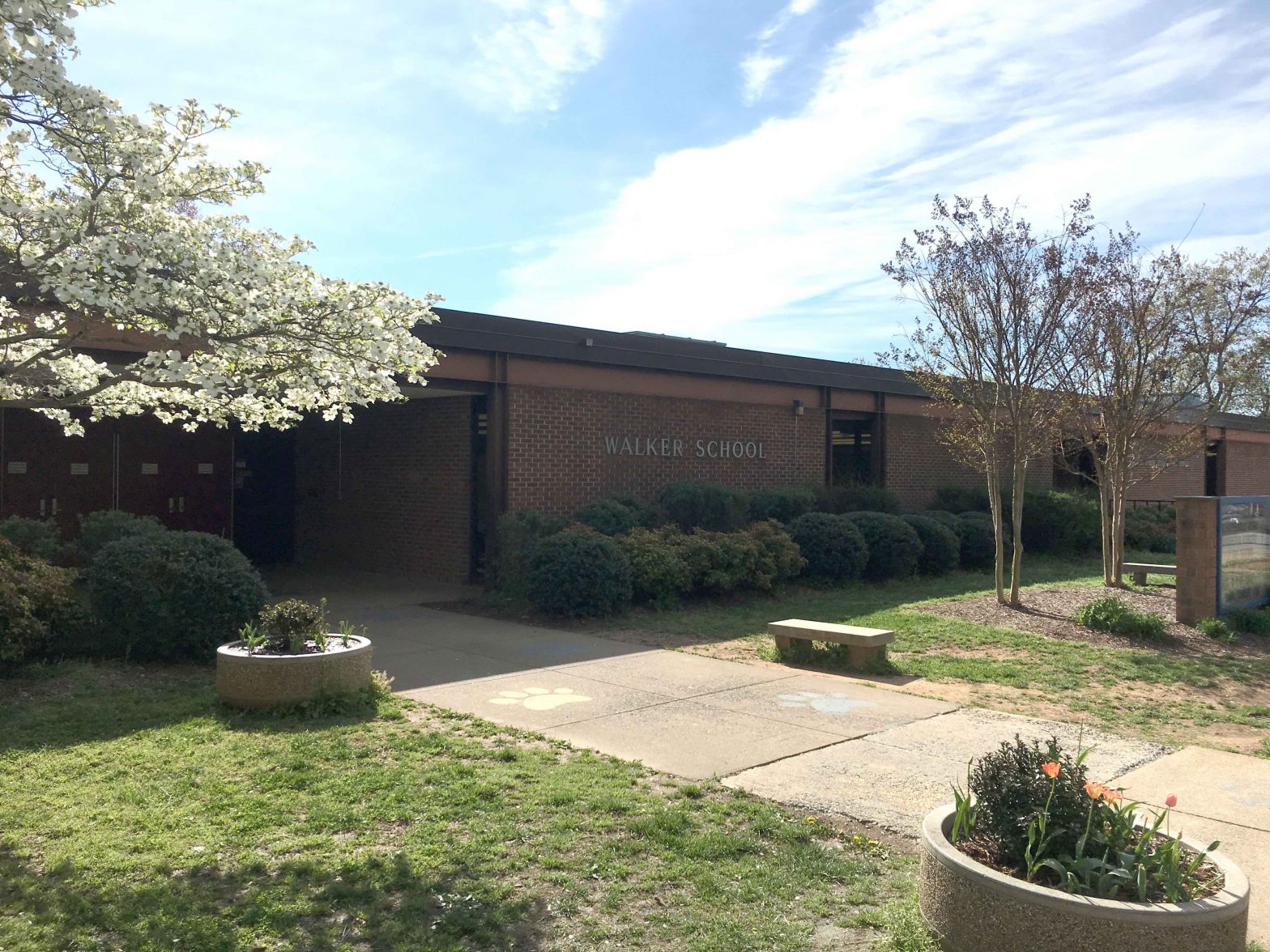For nearly a century, Charlottesville’s downtown statues of Confederate Generals Robert E. Lee and Stonewall Jackson have stood as brutal emblems of white supremacy. Local Black activists have fought long and hard for the bronze eyesores to be taken down for good, but the city has faced a string of roadblocks over the past four years: a lawsuit, an injunction, and, notoriously, the white supremacist Unite the Right rally.
Finally, the painful battle seems to have an end in sight.
On April 1, the Virginia Supreme Court overturned a Charlottesville Circuit Court decision that barred the city from removing the monuments. The lower court had ruled that the city couldn’t meddle with the monuments because the statues were protected by a 1997 law preventing localities from moving so-called war memorials. However, the Supreme Court ruled that the law did not apply to statues erected before that date, and thus did not apply to Charlottesville’s segregation-era monuments.
Both the Lee and Jackson statues were erected in the 1920s, in the midst of the Jim Crow era and at the height of Ku Klux Klan membership.
“This court decision will positively impact so many lives,” said Mayor Nikuyah Walker in a city press release. “I want to express gratitude to Zyahna Bryant, Dr. Wes Bellamy, and Kristin Szakos for igniting the sparks that started this local mini-revolution. We are forever indebted to the community for their steadfastness and perseverance.”
After student activist Zyahna Bryant’s 2016 petition calling on the city to take down the racist statues gained significant public support, City Council voted in favor of removing them in 2017. The Sons of Confederate Veterans and the Monument Fund, joined by several other individuals, then sued the city the same year, claiming the 1997 statute made it illegal for the city to “disturb” the monuments.
Last year, the Democrat-controlled General Assembly amended the law to allow localities to take down war memorials. However, Circuit Court Judge Richard Moore had already granted an injunction that prevented Charlottesville from removing the statues, and awarded the plaintiffs more than $350,000 in attorney’s fees.
“The big issue was not really whether the city would take down the statues—they can under the new law—but there were two barriers in the way of that: the pending injunction from this previous case, [and] these attorney’s fees,” explains UVA constitutional law professor Rich Schragger. “[The Supreme Court ruling] eliminates the attorney’s fees award and lifts the injunction, which means the city can proceed.”
When University of Virginia professor and activist Jalane Schmidt, who has advocated for the removal of the statues and led historical tours recontextualizing them, heard the news last week, she felt a mixture of excitement and sadness.
“I wish this could have happened several years ago. We lost three people,” says Schmidt, referring to the deaths of Heather Heyer and two Virginia State Police troopers during the Unite the Right rally. “Things should have never gone this far.”
“There is a mother, Susan Bro, who is bereft with the loss of her daughter,” Schmidt says. “There are several small children who are now growing up without fathers. There are dozens of community members who are permanently injured and many more who are traumatized.”
Don’t just outsource our toxic waste to
another community.
Jalane Schmidt, UVA professor and activist
Community organizer Don Gathers, who was a counterprotester at the Unite the Right rally, was also overjoyed to learn of the court’s ruling, but pained by the violence and tragedy the court battle has inflicted upon the community.
“We’ve been under the throes of the continuation of Jim Crow…for so long now. That’s exactly what those statues represent,” says Gathers. “To finally have a ruling that’s a victory for us, it’s really a victory for all decent and morally pointed mankind.”
“It’s sad all that we as a community have had to deal with to get to this point,” he adds. “Some may question if it was worth it—especially if you consider not just the loss of life, but the taking of a life.”
Acting City Attorney Lisa Robertson and former council member Kristen Szakos noted several years ago that the statues were never protected by the 1997 law. Last year, state Attorney General Mark Herring agreed that the law did not apply retroactively.
Because the plaintiffs still have an opportunity to appeal the state Supreme Court’s ruling, the city must wait for the court to finalize its decision before proceeding with the removal procedures prescribed by the new state law, explained Robertson at Monday’s City Council meeting.
Schmidt hopes the city will not take the same route as Albemarle County, which sent its Confederate “Johnny Reb” statue off to the Shenandoah Valley Battlefields Foundation last fall.
“Don’t just outsource our toxic waste to another community,” she explains. “That’s not taking moral responsibility. That’s just washing your hands of the problem and shipping it off to somebody else.”
As Charlottesville determines the fates of the racist statues in the coming months, Gathers encourages everyone to get involved in the community engagement process.
“We need to go ahead and lay General Lee and Jackson to rest finally and permanently,” he says.
